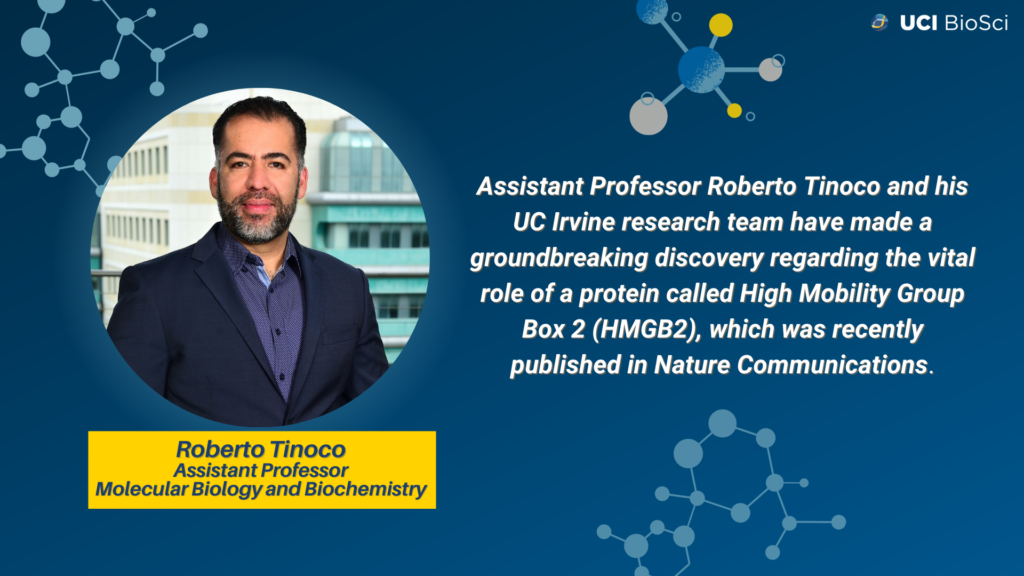
In the fight against chronic viral infections and cancer, the immune system faces formidable challenges. These infections often wear out the immune response, leading to a state of T cell exhaustion. Despite being well-documented, the precise mechanisms driving the development and persistence of exhausted CD8+ T cells have remained elusive. However, Assistant Professor Roberto Tinoco and his UC Irvine research team have made a groundbreaking discovery regarding the vital role of a protein called High Mobility Group Box 2 (HMGB2), which was recently published in Nature Communications.
Chronic viral infections and cancer are adept at manipulating T cells, rendering them ineffective at eliminating the threat. This phenomenon, known as T cell exhaustion, has long been the focus of intense research. Among exhausted CD8+ T cells, two subsets have been identified: progenitor exhausted (Tpex) and terminal exhausted (Tex) T cells. Understanding the differentiation of these cells is crucial for advancing T cell-based immunotherapies for chronic infections and cancer.
Professor Tinoco’s study zeroes in on the role of HMGB2 in regulating CD8+ T cell differentiation and stemness. HMGB2, a protein known to regulate stem cells in various differentiation programs, emerged as a pivotal player in exhausted T cell development. The research found that HMGB2 expression was consistently high in exhausted CD8+ T cells during chronic viral infections and in tumor environments.
What makes this discovery particularly significant is that, even when other master regulators like TCF-1 and TOX were present, HMGB2 proved indispensable for the differentiation and long-term survival of Tpex cells during prolonged antigen exposure. This suggests that HMGB2 is a central component of the complex process of exhausted T cell development and maintenance.
The implications of this research are profound, especially for T cell-based immunotherapies. The findings suggest that targeting HMGB2 may be a promising strategy to reprogram exhausted T cells and enhance the effectiveness of treatments. For instance, immune checkpoint blockade (ICB) therapy, which has shown promise in reinvigorating exhausted T cells, could potentially benefit from combining it with interventions that modulate HMGB2 expression.
Furthermore, the study’s insights into the epigenetic changes associated with exhausted T cells offer new avenues for therapeutic intervention. HMGB2 was found to regulate chromatin accessibility, affecting the expression of genes crucial for Tpex and Tex cell differentiation. This opens up the possibility of manipulating chromatin remodeling to increase the reinvigoration potential of exhausted T cells, thereby extending the effectiveness of immunotherapies.
Scientific research, exemplified by the work of Professor Tinoco and his team, plays a vital role in our ongoing battle against chronic infections and cancer. The findings not only deepen our understanding of the immune system’s response but also pave the way for innovative treatments that harness the power of T cells to combat these persistent threats. As we navigate the complexities of chronic diseases, this research brings us closer to unlocking the full potential of our immune defenses and offering new hope to patients worldwide.
Learn more about the Tinoco Lab here.
